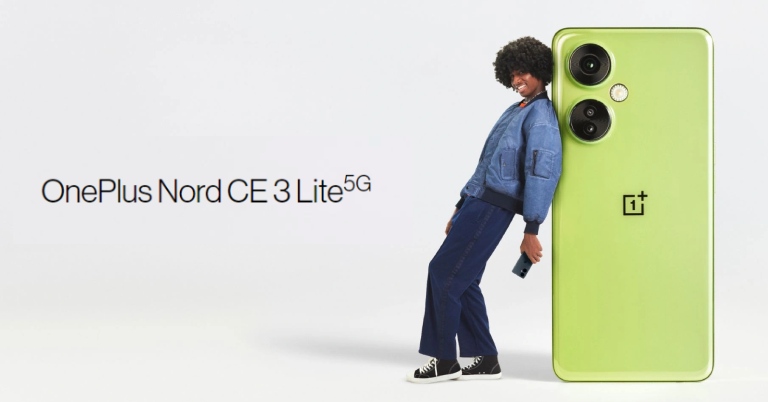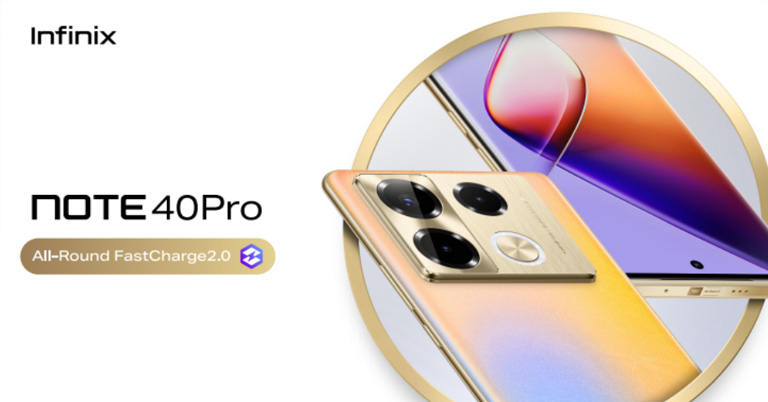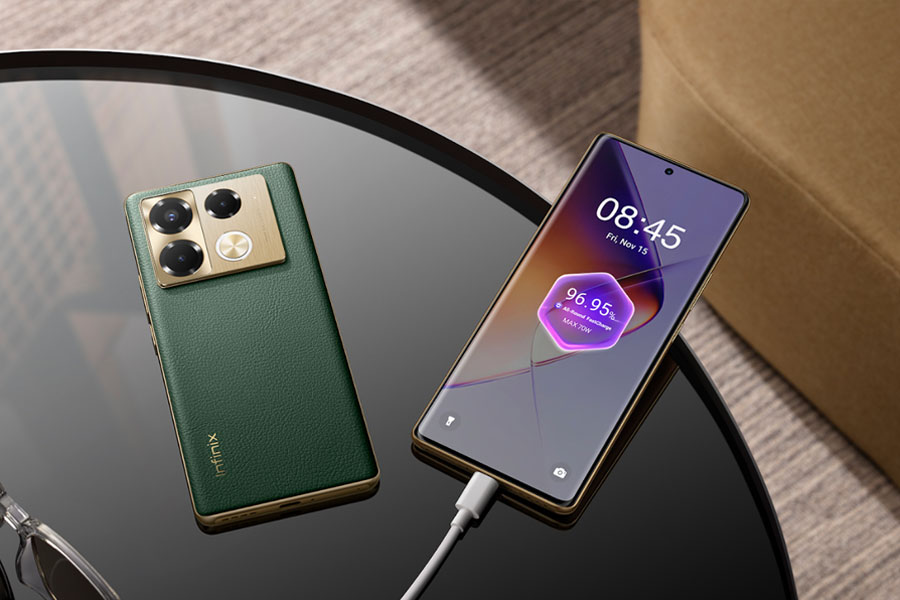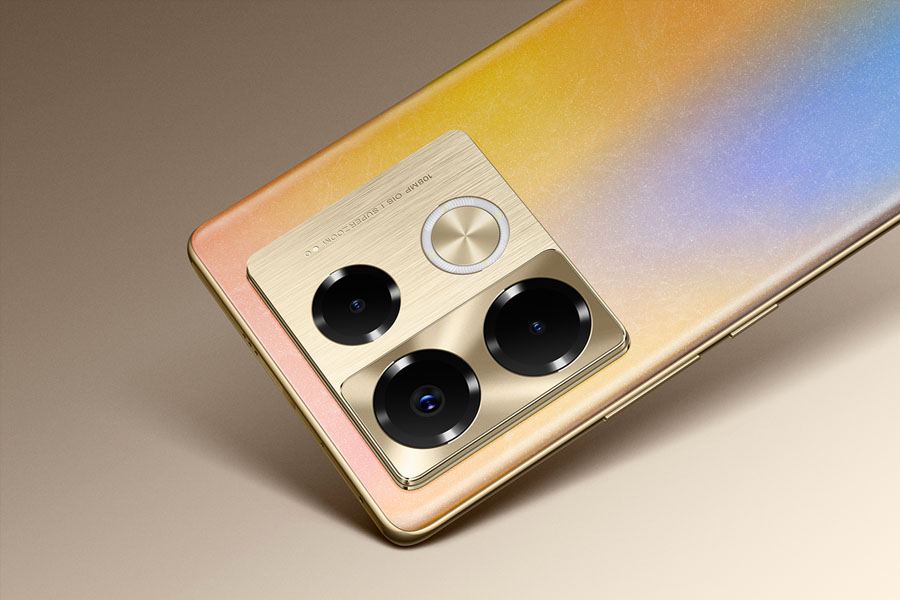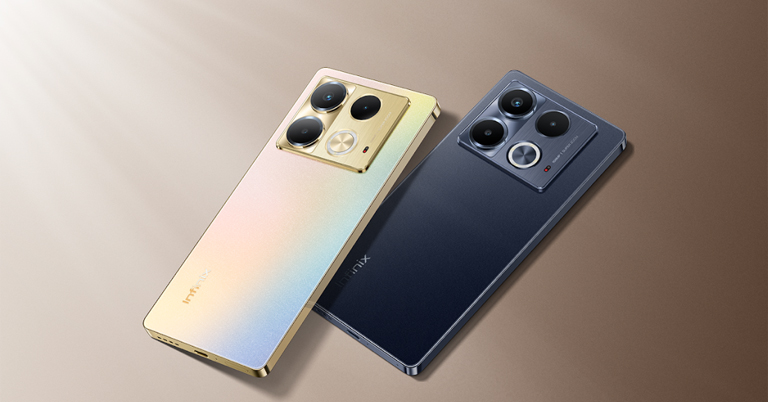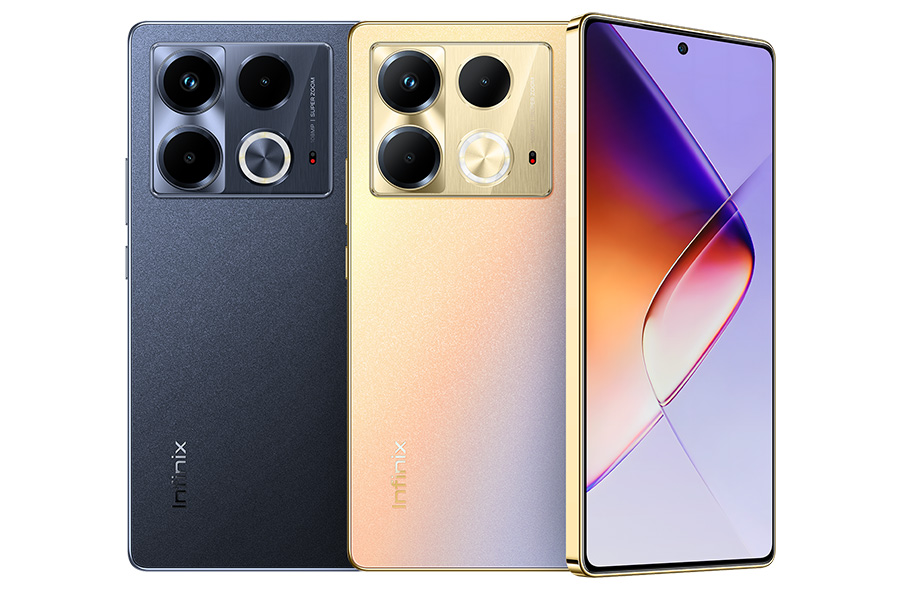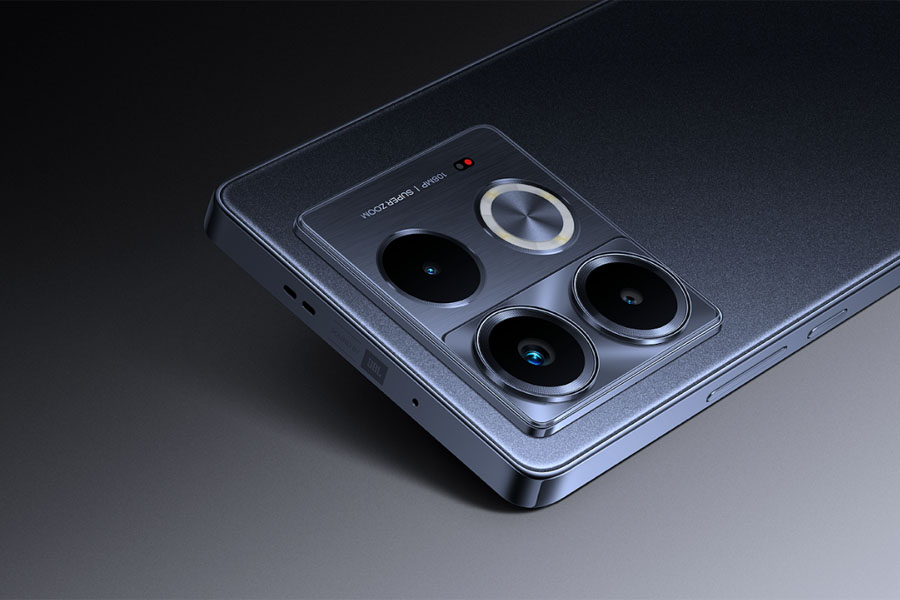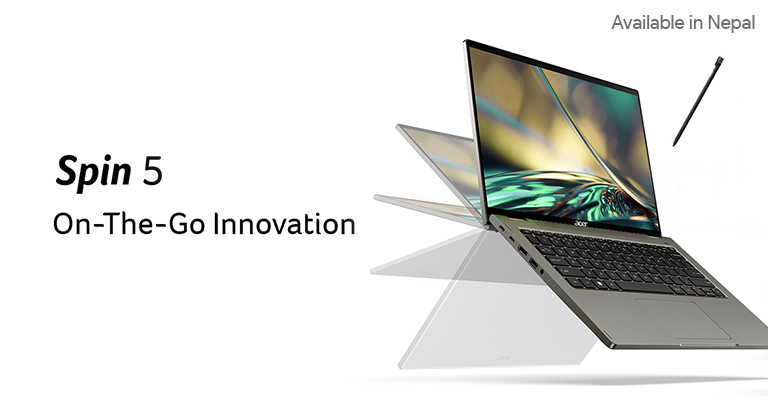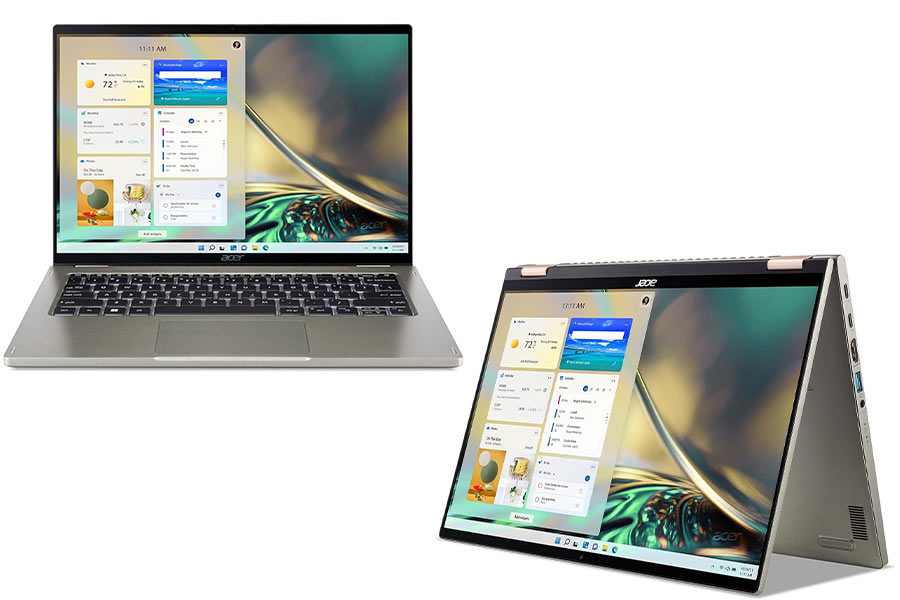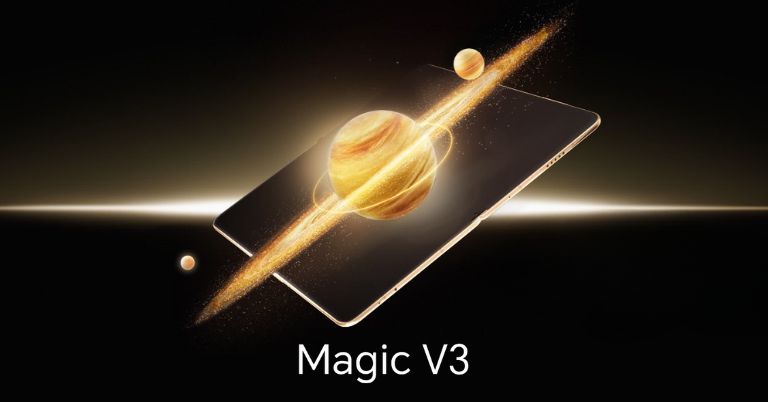OnePlus launched its 2023 mid-range smartphone, the Nord CE 3 Lite 5G in Nepal a year ago. It brings a big 6.72-inch screen, Android 13, and a 108MP camera at a midrange price. And the device has gotten a price drop. Let’s learn more about the OnePlus Nord CE 3 Lite 5G, including its full specifications and the latest official price in Nepal.
OnePlus Nord CE 3 Lite 5G:
Design and Display
In terms of design, the OnePlus Nord CE 3 Lite goes with an all-plastic build. Unlike its predecessor the CE 2 Lite with curved frames, this guy boasts flat frames and a cleaner minimalist camera module. Likewise, the phone measures 8.3mm thick and weighs around 195 grams. As for the color options, OnePlus offers it in Pastel Lime and Chromatic Gray.
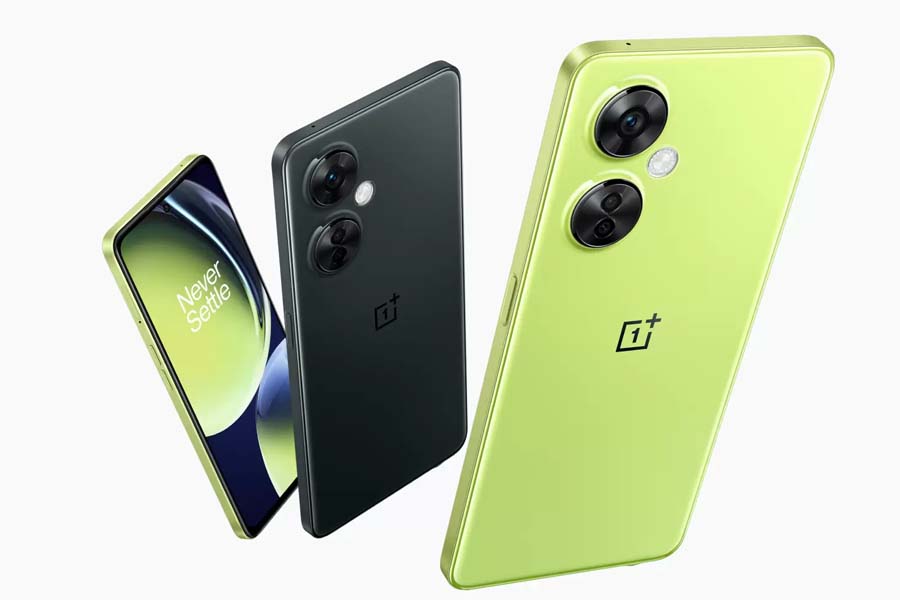
Up front, the phone brings a 6.72″ FHD screen with a 120Hz refresh rate and 240Hz touch sampling. The screen is still LCD as its predecessor and the support for sRGB and DCI-P3 color gamut carries along here as well. However, the punch hole cutout has moved in the middle from the left side on the OnePlus Nord CE 3 Lite 5G.
Performance
Under the hood, the OnePlus Nord CE 3 Lite is powered by the same old Snapdragon 695 5G (6nm) processors as Nord CE 2 Lite. This chipset is paired with 8GB of LPDDR4x RAM and up to 256GB of UFS 2.2 storage, which is further expandable thanks to the phone’s hybrid microSD card slot. As for the software, it boots on Android 13-based OxygenOS 13.
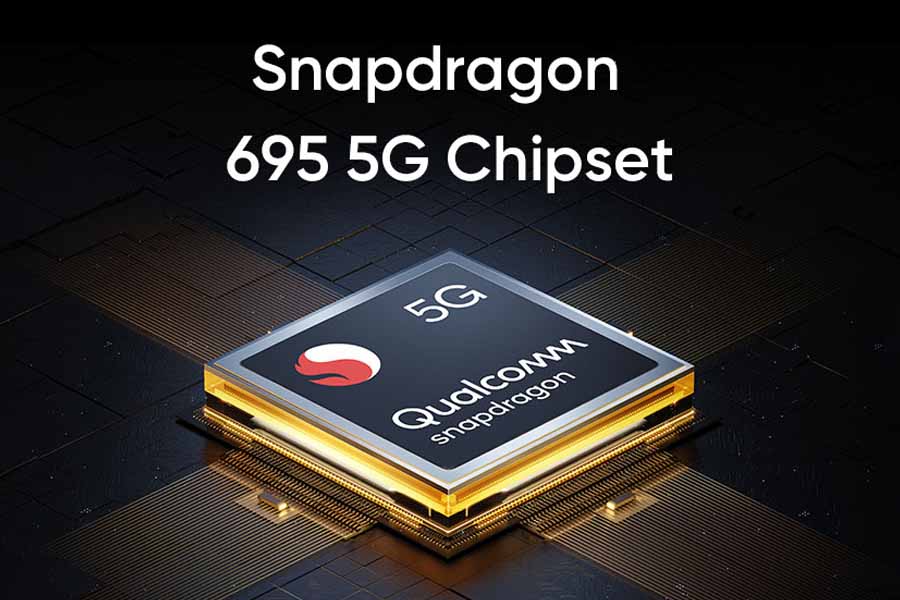
- Also read:
Cameras
On the optics side, the phone houses a triple camera setup at the back. For the first time ever on a Nord series phone, the CE 3 Lite 5G brings a 108MP sensor. It’s a 1/1.67” ISOCELL HM6 sensor that is capable of capturing 3X lossless zoom images, sufficing in the absence of a telephoto unit. Accompanying the primary camera is a 2MP + 2MP macro and depth combo. No ultrawide sensor this time as well.
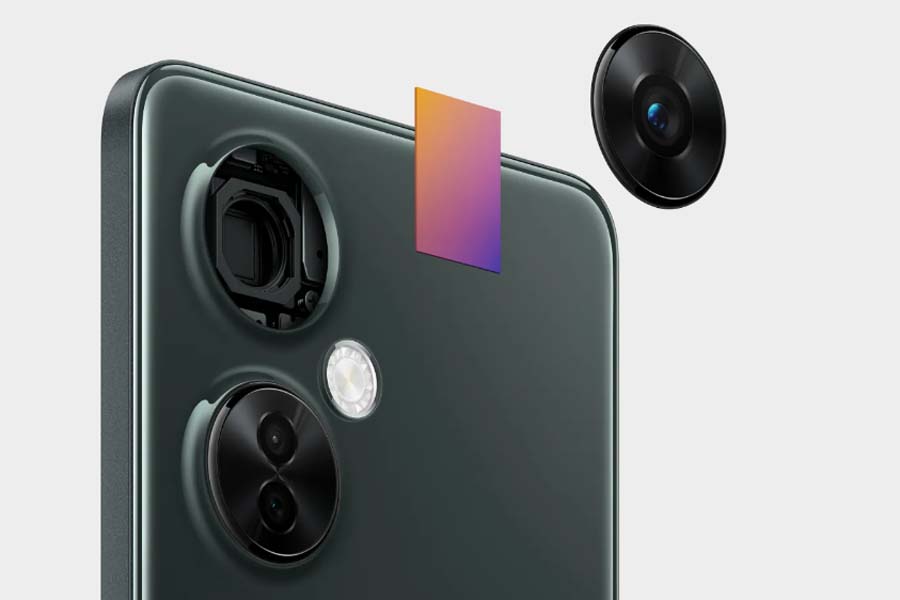
Moving to the front, you get a 16MP selfie shooter inside the hole-punch cutout on the display. As expected from a midrange phone, the Nord CE 3 Lite is limited to shooting 1080p videos only from both primary and front cameras.
- Meanwhile, check out all the prices and specs of OnePlus products here
Rest of the specs
In terms of battery, the OnePlus Nord CE 3 Lite gets its fuel from a 5000mAh cell with support for 67W SuperVOOC charging. For wireless connectivity, there is 5G, dual-band WiFi 5, GPS, Bluetooth 5.1, NFC, a USB Type-C port, and a 3.5mm headphone jack. Other specs include a side-mounted fingerprint reader and dual stereo speakers.
OnePlus Nord CE 3 Lite 5G Specifications:
- Body: 165.5 x 76 x 8.3mm; 195 grams
- Display: 6.72-inch FHD+ LCD panel, 120Hz refresh rate
- Chipset: Qualcomm Snapdragon 695 5G (6nm)
- Memory: 8GB LPDDR4x RAM, 128/256GB UFS 2.2 storage (expandable)
- Software & UI: Android 13 with OxygenOS 13 on top
- Rear Camera: Triple (108MP primary, 2MP macro, 2MP depth)
- Front Camera: 16MP (punch-hole)
- Connectivity: 5G, GPS, dual-band WiFi 5, Bluetooth 5.1, NFC, USB Type-C port, 3.5mm headphone jack
- Battery: 5000mAh with 67W SuperVOOC charging
- Color options: Pastel Lime, Chromatic Gray
- Buy OnePlus Nord CE 3 Lite here
OnePlus Nord CE 3 Lite 5G Price in Nepal
The latest OnePlus Nord CE 3 Lite price in Nepal is NPR 34,599 from the previous price of NPR 45,999 as the part of OnePlus Monsson Bonanza offer. Oneplus Nepal is offering 1 year of free breakage insurance on the Nord CE 3 Lite.
OnePlus Nord CE 3 Lite 5G
Price in Nepal
8/256GB
NPR
45,999 34,599
- Meanwhile, check our review of the OnePlus Nord CE 2 Lite.


